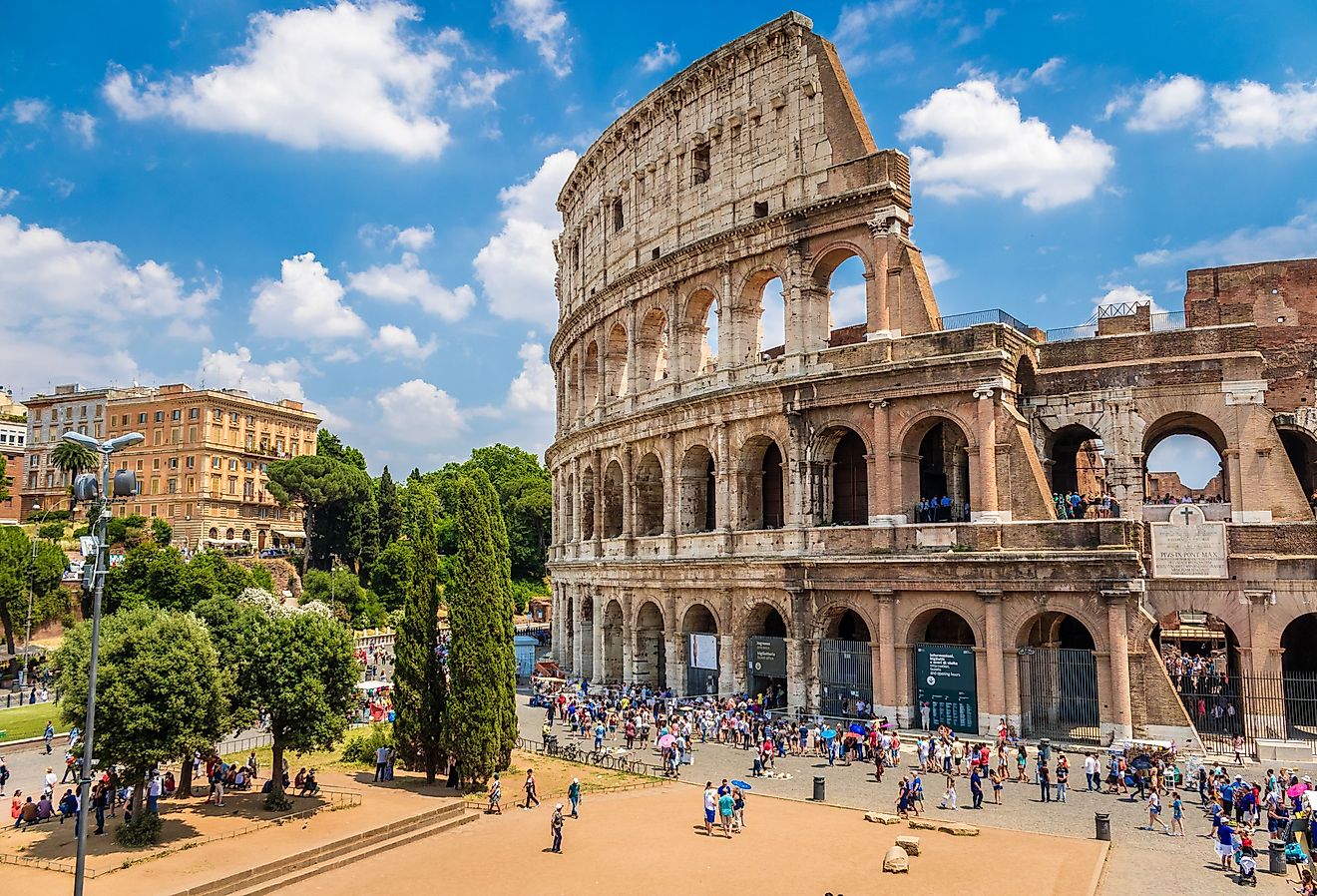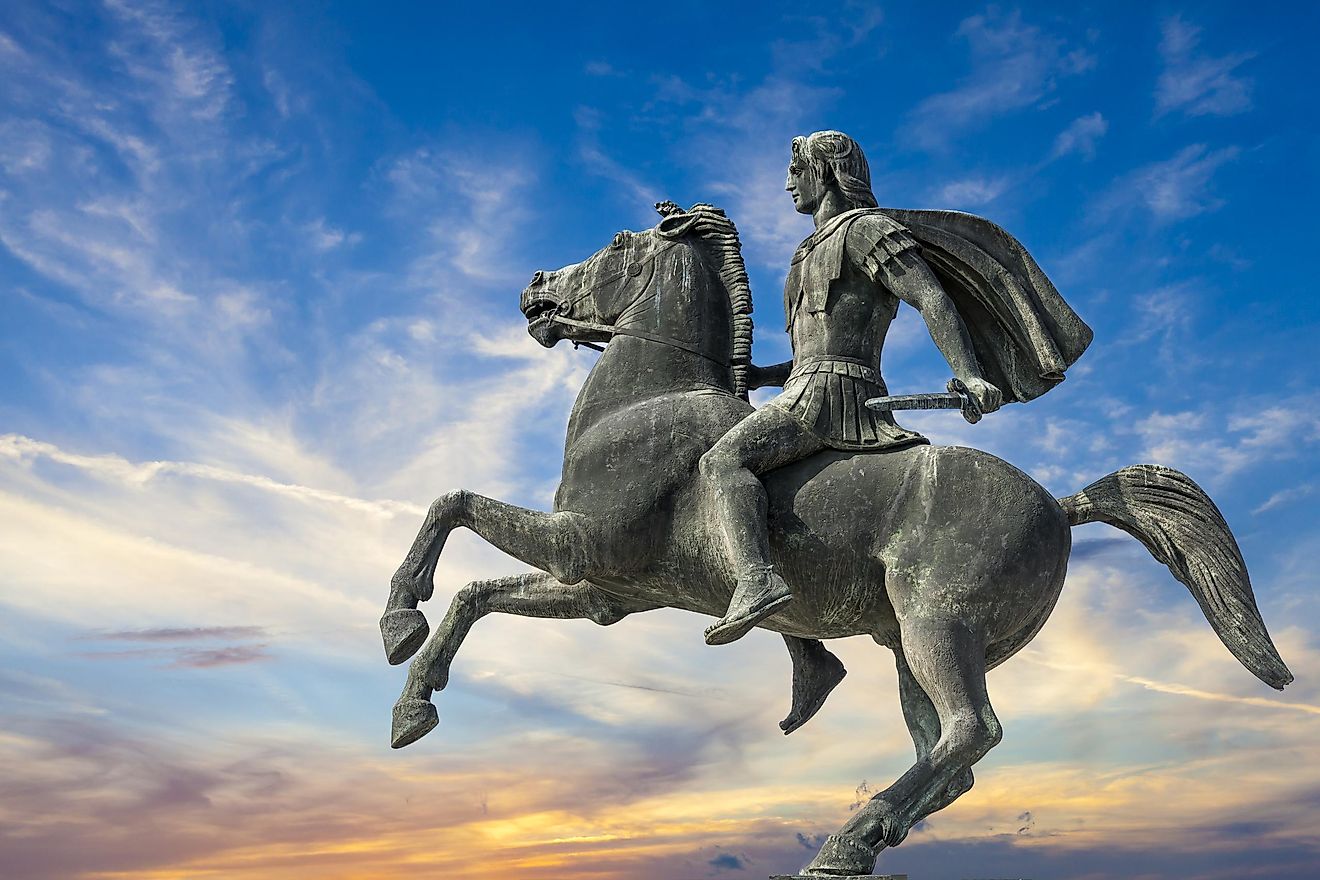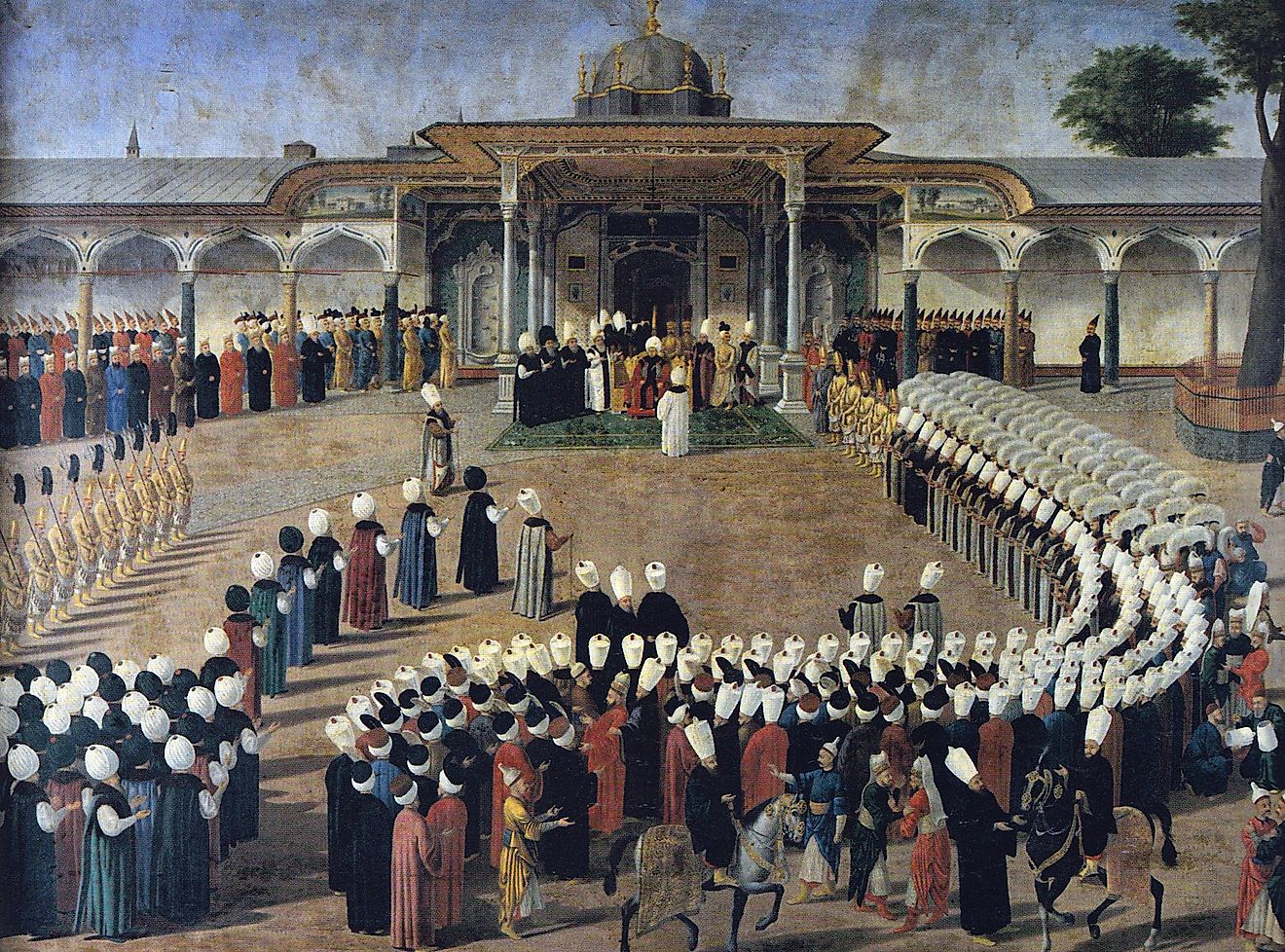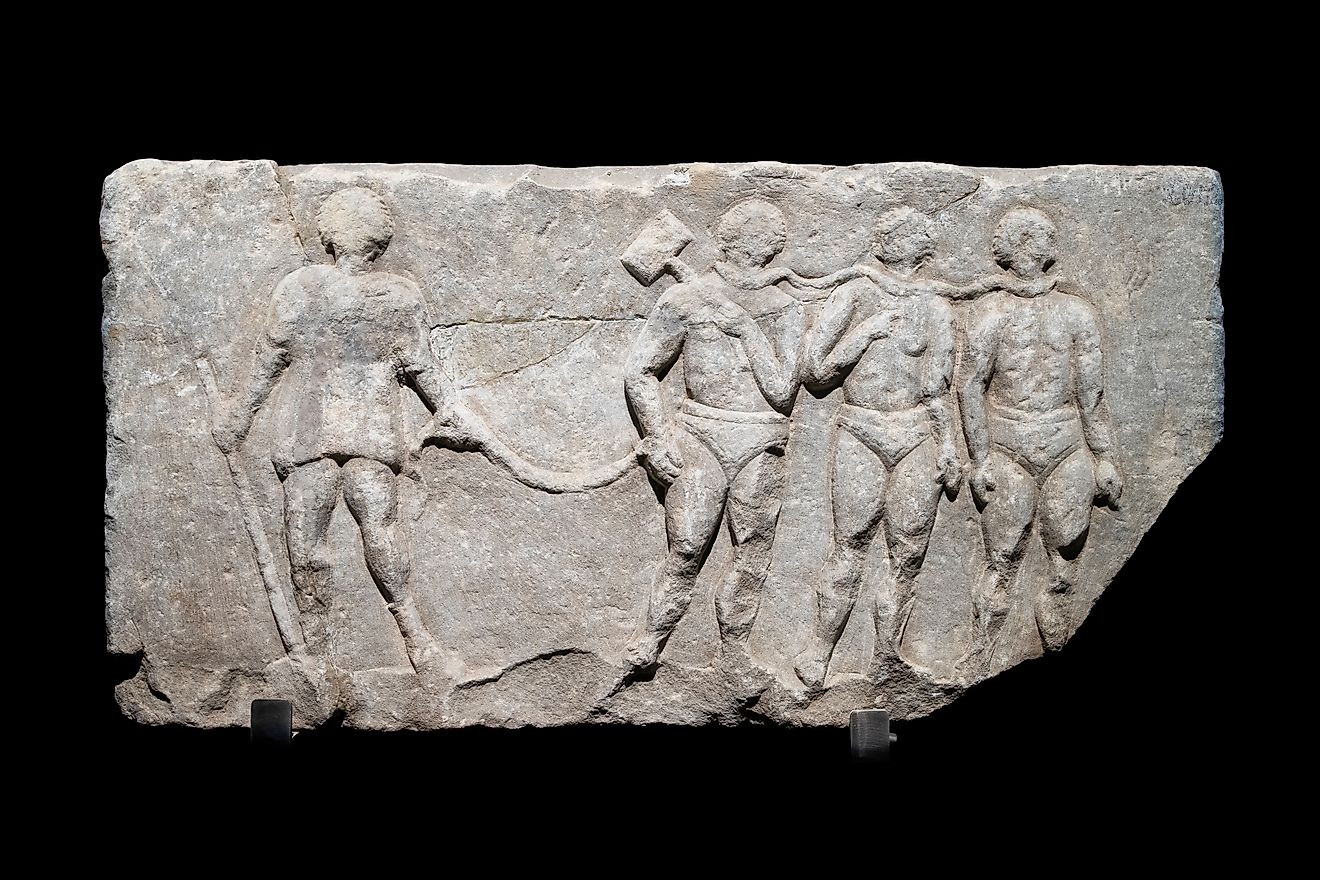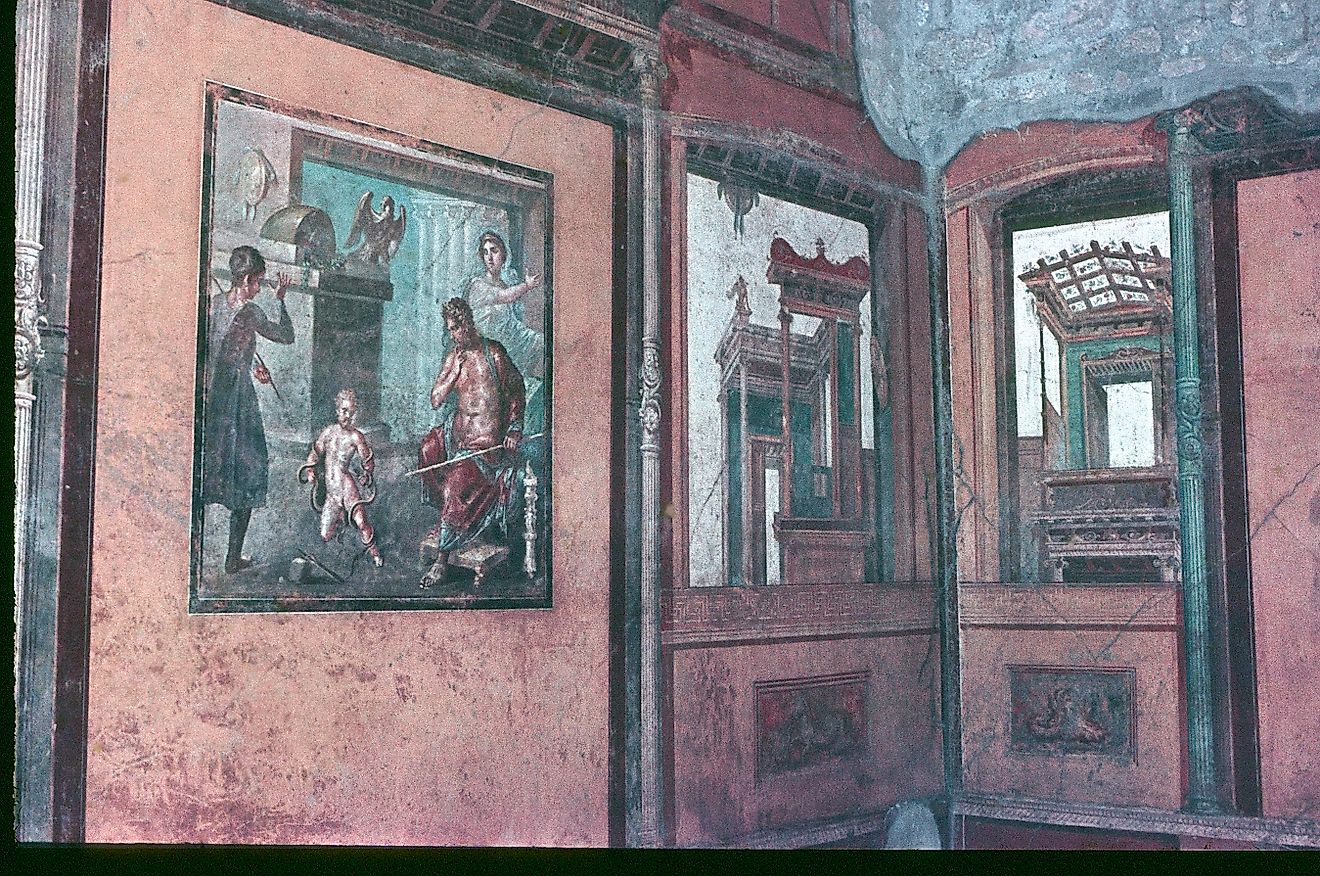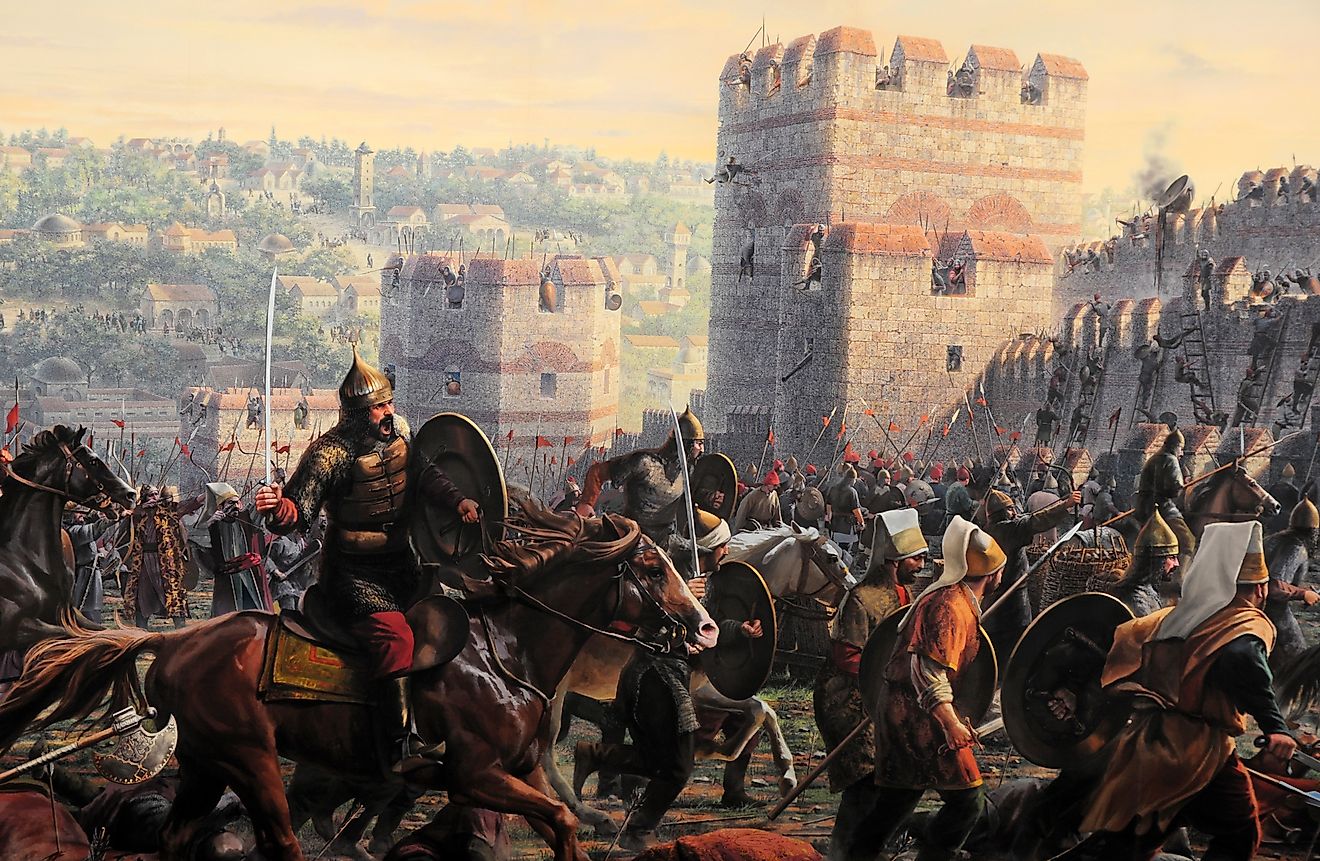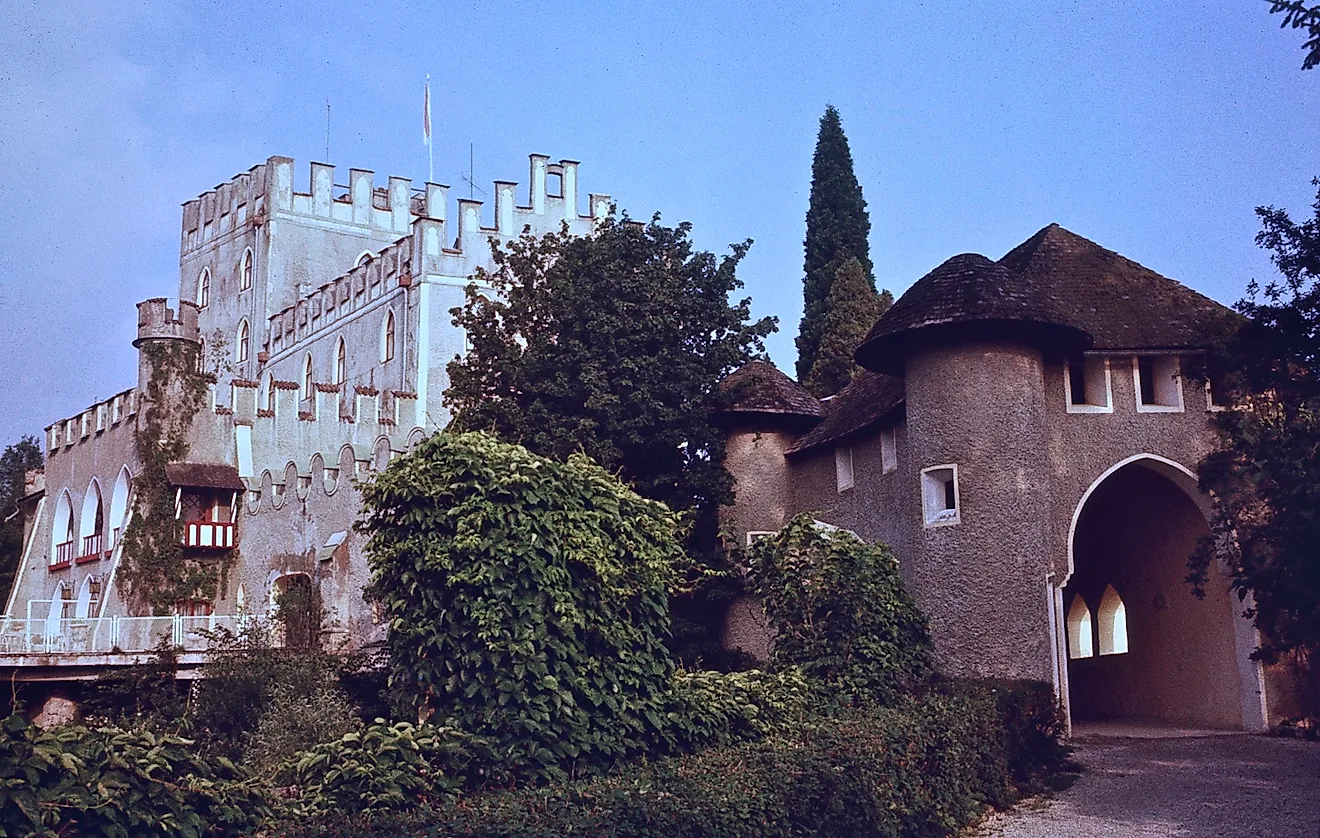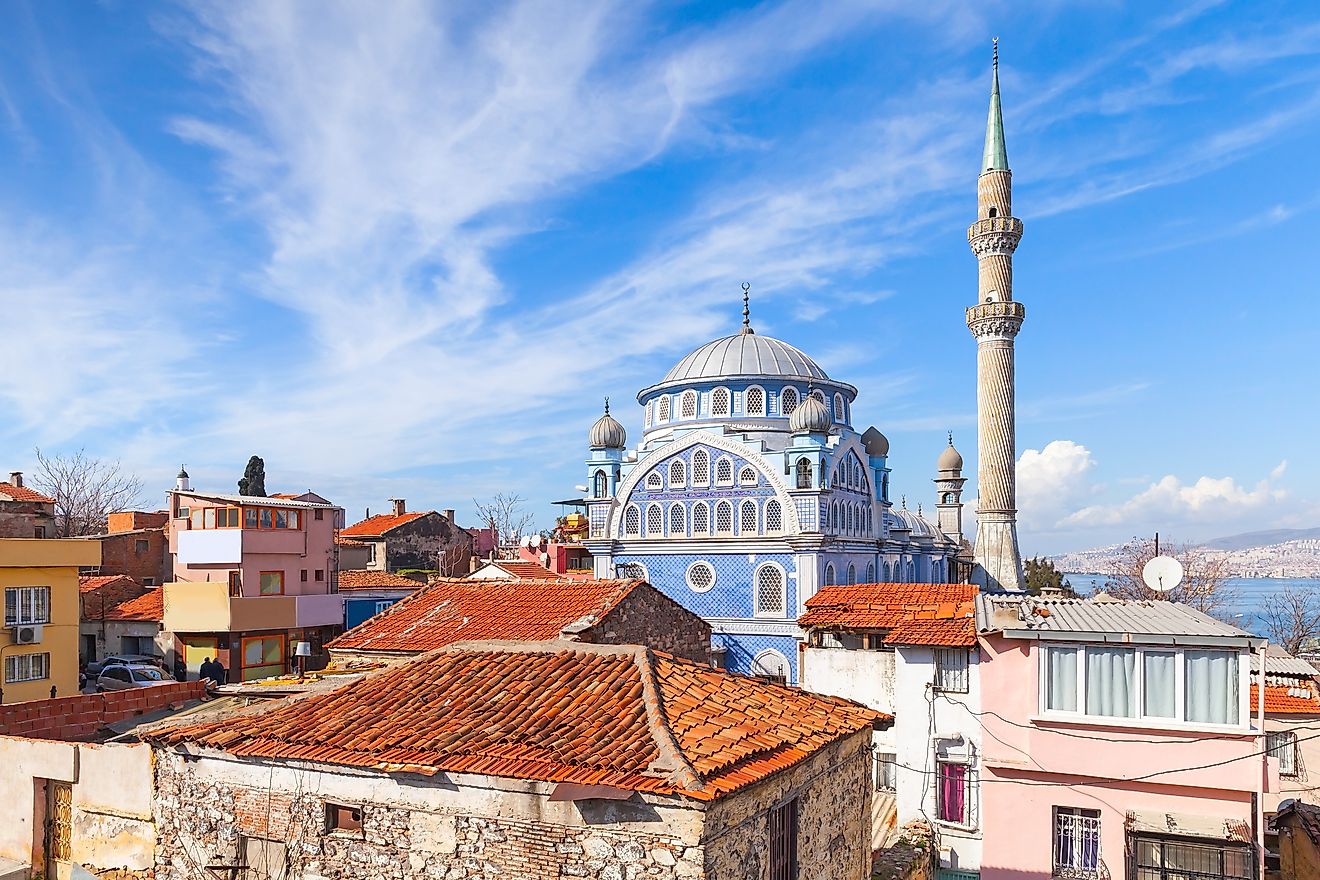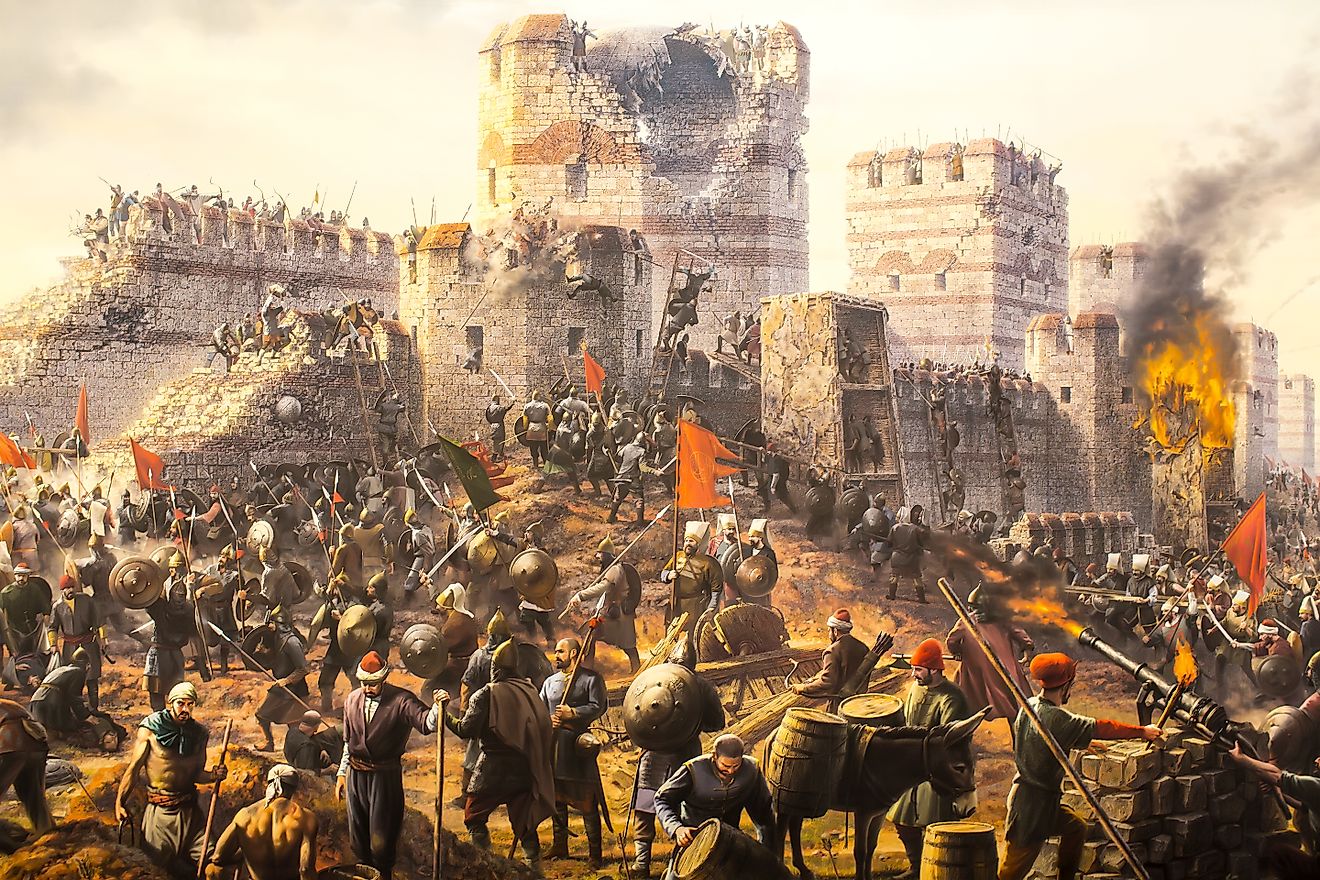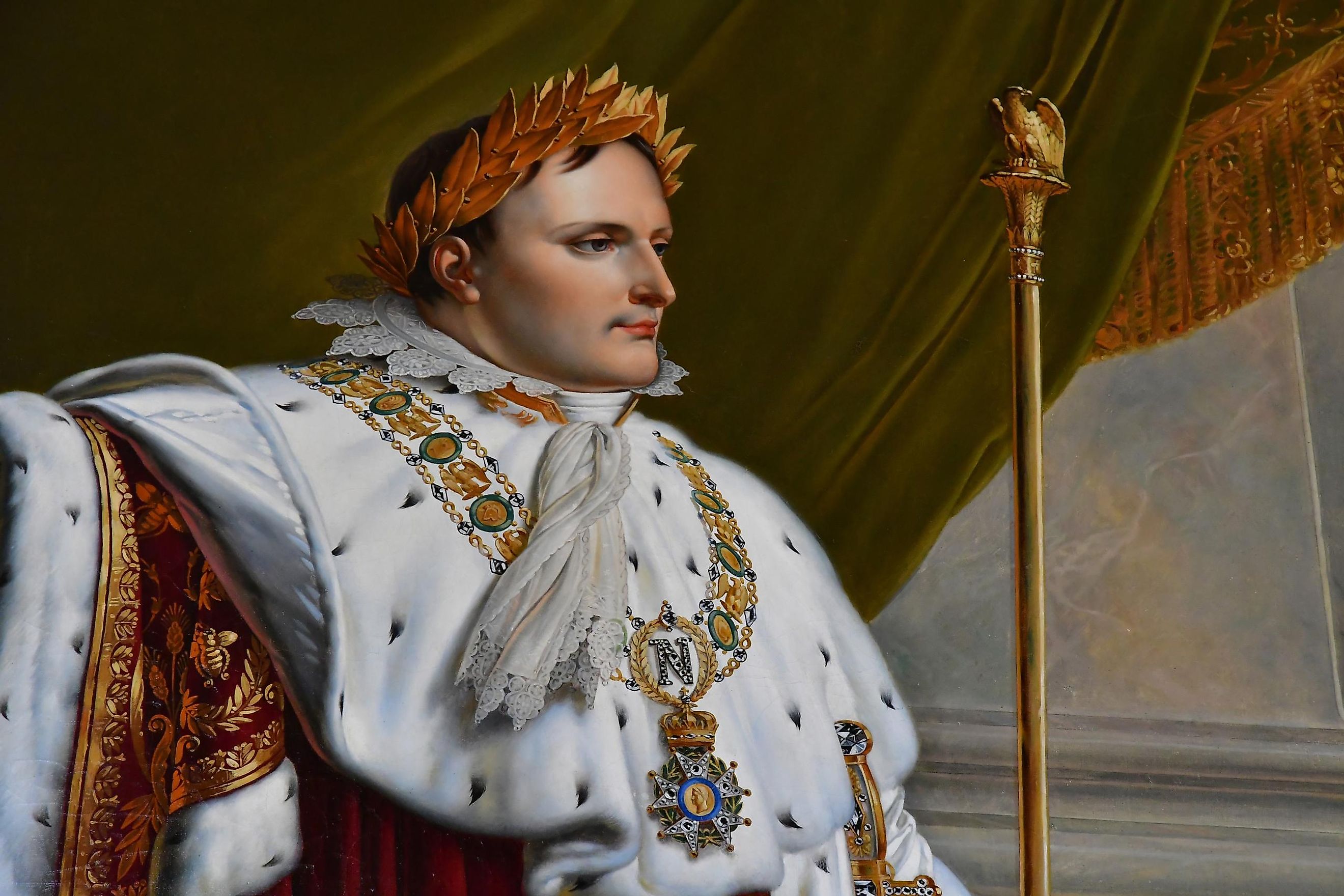
The Rise to Power and History of Napoleon Bonaparte
An enigmatic man of vicious consequence, Napoleon Bonaparte captured the world’s attention and fell only an inch short of capturing the world itself. Between 1796 and 1815, the Commander-turned-Emperor won 38 battles and lost only 5, an unmatched score in history. Riding the momentum of the turmoil caused by the French Revolution, Napoleon secured power and gained a reputation for himself in a move that stunned surrounding European nations. The path he continued to take until his demise is a tale best understood by the following series of events.
Early Years
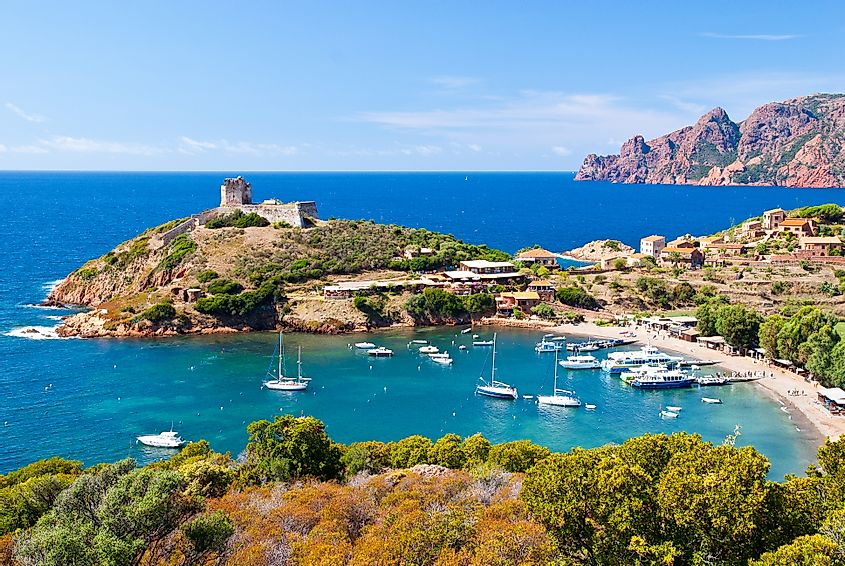
Born on the island of Corsica in 1769 to parents of Italian nobility, Napoleon was brought up speaking Corsican and Italian. As the son of two nobles, he was expected to attend military school when he turned 15. Napoleon was sent to Paris, France, but was severely bullied because of his native Corsican accent. When his father, Carlo, passed away in 1785, his family's financial situation changed, and his performance at school deteriorated. Despite his difficulty at school, Napoleon showed early signs of competency as a military leader; supposedly, while a junior, he led his friends to victory during a snowball fight against senior students.
Participation in French Revolution
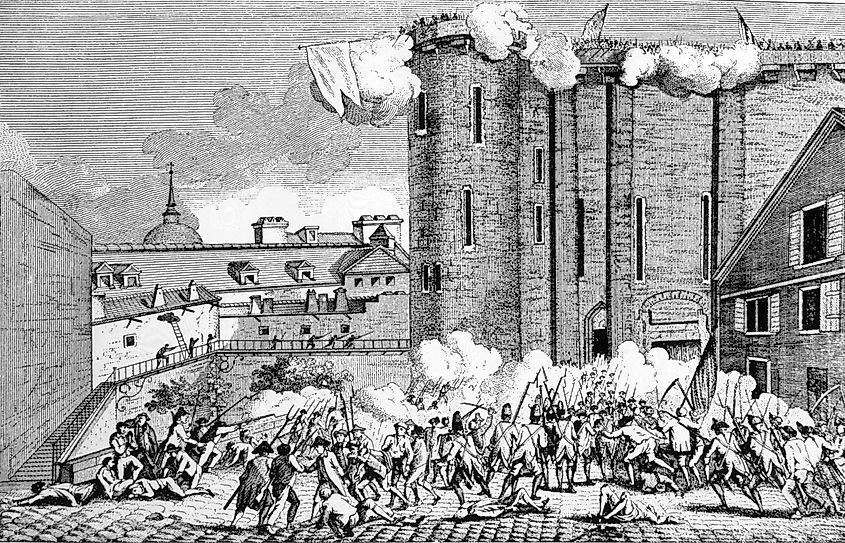
Following Napoleon's graduation from military school in 1785, he was stationed in Valence, southeastern France. He remained in Valence until the French Revolution began in 1789. Napoleon first encountered the Revolutionists after his return to Corsica. He eventually adopted their beliefs and joined the Jacobins Club, a group of left-wing revolutionaries aimed at creating a Republic. Napoleon gained fame when he dispersed a royalist insurrection in Paris and was promoted to Commander. Leading the Army of Italy, he conducted campaigns in Italy and Egypt with unprecedented success.
A Coup Within a Coup
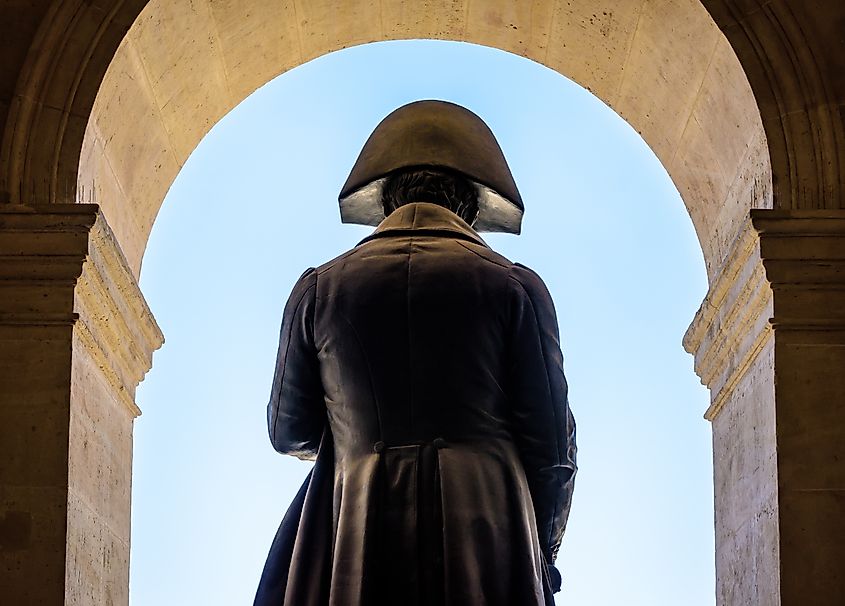
Following the abolition of the Monarchy in 1795, a new governing body called the Directory was established in France. Upon Napoleon's return to France, the Directory was bankrupt and unpopular with the public. One director, Emmanuel Joseph Sieyès, enlisted Napoleon to help dismantle the ineffectual government. In November of 1799, the Coup d'éte of 18 Brumaire occurred, replacing the Directory with the French Consulate and putting Sieyès and Napoleon in power. Napoleon then staged a coup within a coup; he drafted the decree in such a way that by December of 1799, he received the majority of the power.
War and Empire
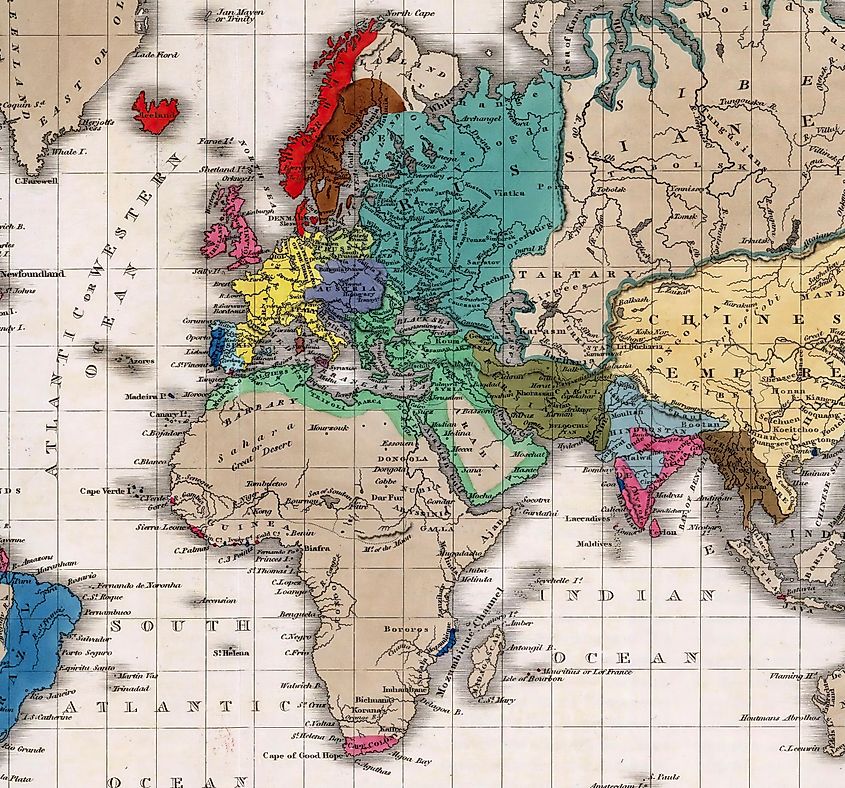
European nations were wary of Napoleon's sudden rise to power. After surviving assassination attempts and managing an onslaught of battles, Napoleon realized he must quell invading forces. Allied with the disposed French Monarchy, European countries began to align themselves together and create coalitions. Napoleon sold the Louisiana Territory to the United States in 1803 as a means to preemptively fund a war with Britain; two weeks following its purchase, the War of the Third Coalition began.
Napoleonic Code
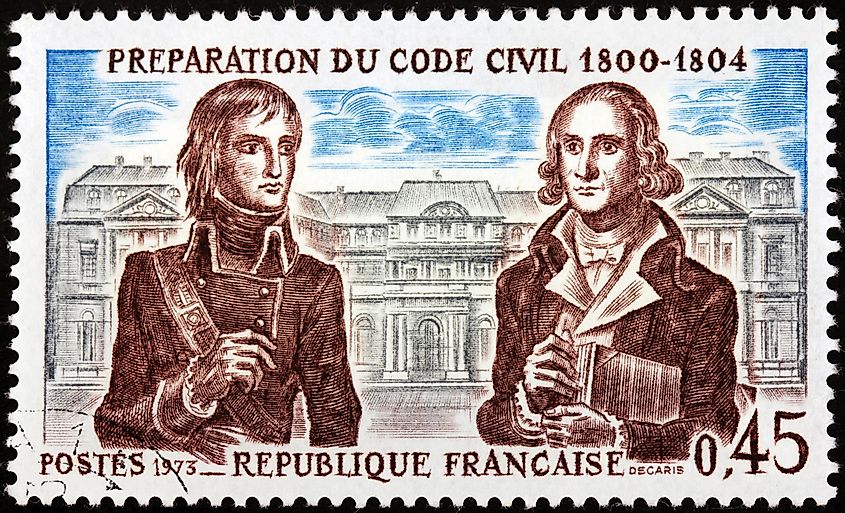
In 1804, Napoleon drafted and instituted a new civil code focused on disbanding antiquated feudal laws. The monarchy and feudal-lord system were overturned; therefore, the many regions of France operating under constantly changing systems were inefficient for the average citizen. The Napoleonic Code established universal doctrines over trade, property, marriage, and inheritance. Although not the first civil code in Europe, it was the first to be used overseas in colonies, and it continued to influence their legislation after their independence movements. Tragically, Napoleon reinstated slavery, limited the rights of women, and granted limited protections for children born out of wedlock.
Abolishment of the Holy Roman Empire
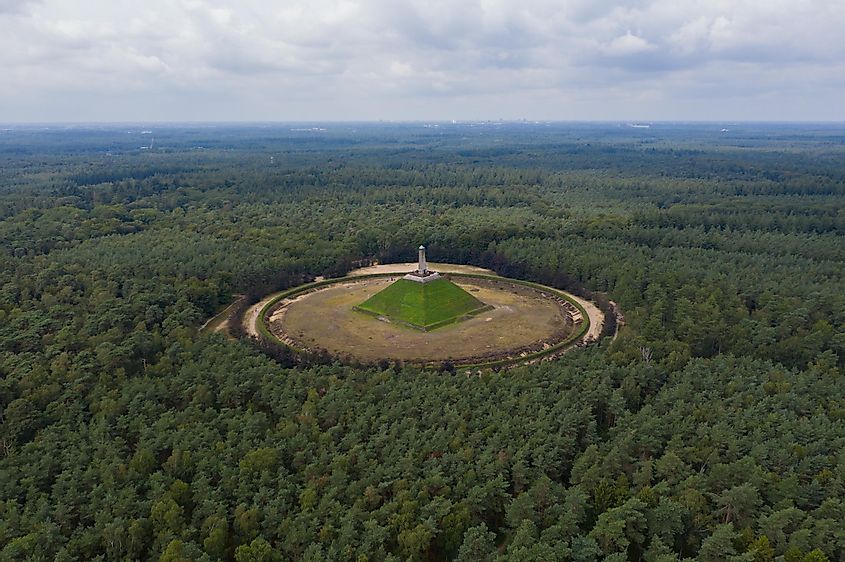
A significant moment in Napoleon’s career came in August of 1805. The Holy Roman Empire, a hierarchal body consisting of Austrian and German vassals, confronted him in the Battle of Austerlitz. With Napoleon as the victor, this created an opportunity for him to seize the influential title of Holy Roman Emperor and gain power from associated institutions and resources. To deny Napoleon the opportunity to be declared Emperor, the last Holy Roman Emperor, Francis II, abdicated the throne, symbolically abolishing the Empire itself.
Marriage and Divorce
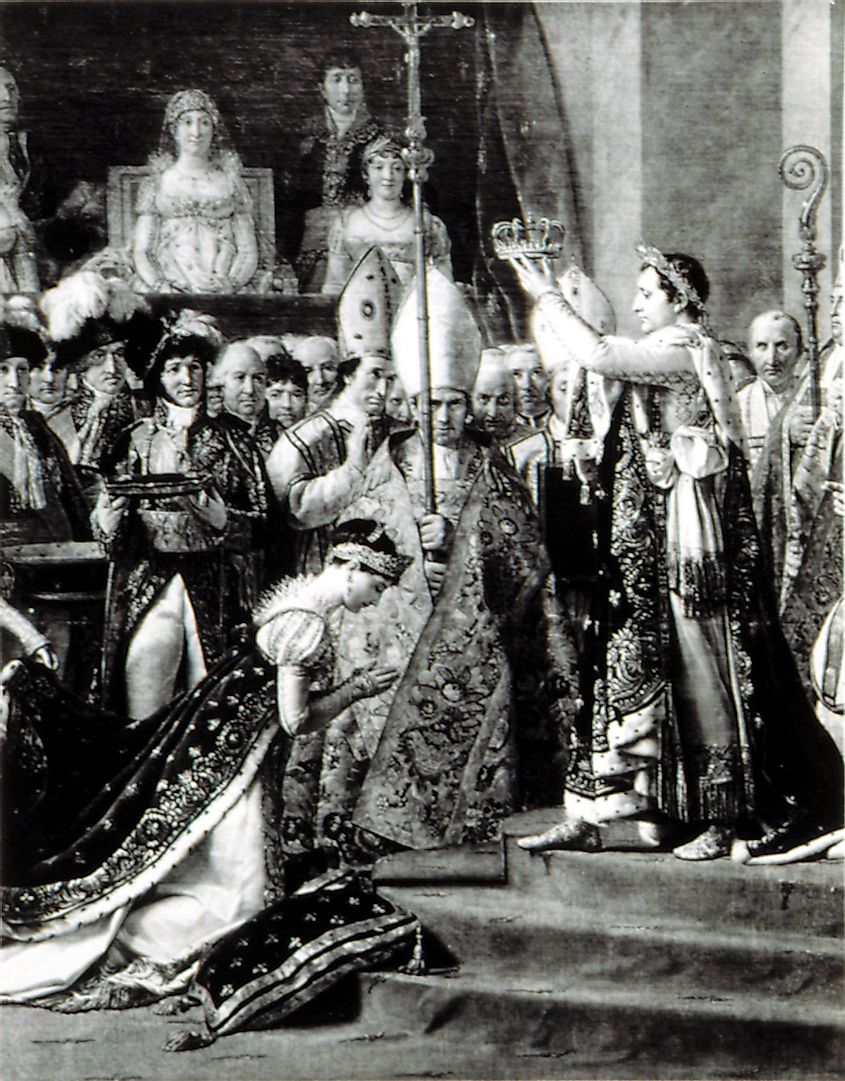
In 1796, Napoleon’s married his first wife, Joséphine de Beauharnais, who was a former mistress of Paul Barras, a revolutionary leader who encouraged Napoleon early on in his career. Although he cared for Joséphine dearly, she was unable to give him an heir. Napoleon divorced Joséphine in 1810 in favor of marrying Marie Louise, the Duchess of Parma, in 1811. Following the divoce, he still favored Joséphine; she retained the title of Empress and remained living at the Château de Malmaison, an ostentatious villa outside of Paris. The Duchess of Parma gave birth to their son, who is famously referred to as Napoleon II despite never actually ruling. Regarding his matrimony with Marie Louise, Napoleon cynically stated, “it is a womb that I am marrying.”
Moscow Campaign
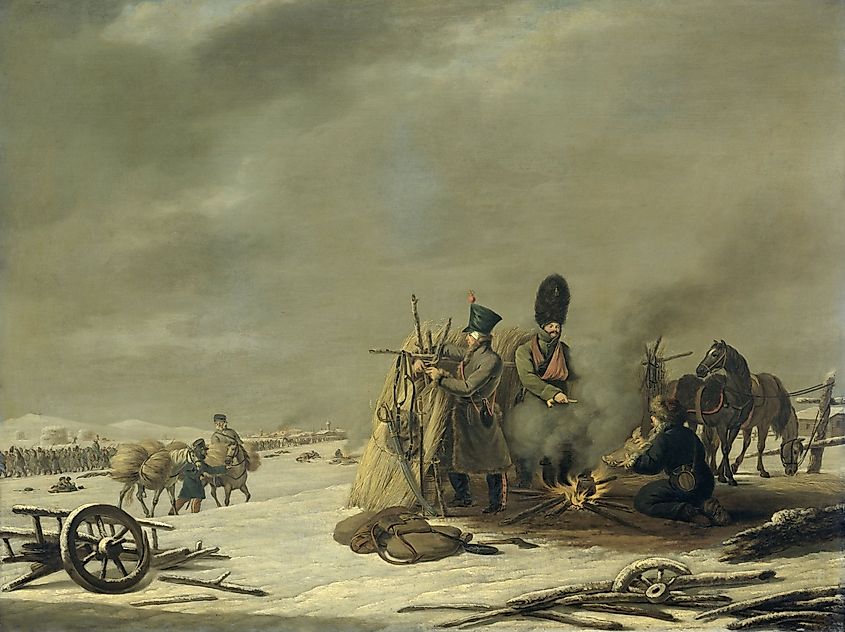
After failing to preserve an alliance with the Russian Tsar, Alexander I, Napoleon learned that Russia planned to invade France in 1812. By June, Napoleon amassed over 450 thousand soldiers to commence a first strike. After over a decade of observing Napoleon’s victories, the Tsar outmaneuvered him through tactical retreats all the way to Moscow. Once Napoleon entered the capital, he realized it was burned and abandoned; the French were trapped deep in enemy territory. Over 400 thousand French troops perished during the harsh winter retreat, creating a sizable hole in Napoleon’s army and popularity.
Abdication
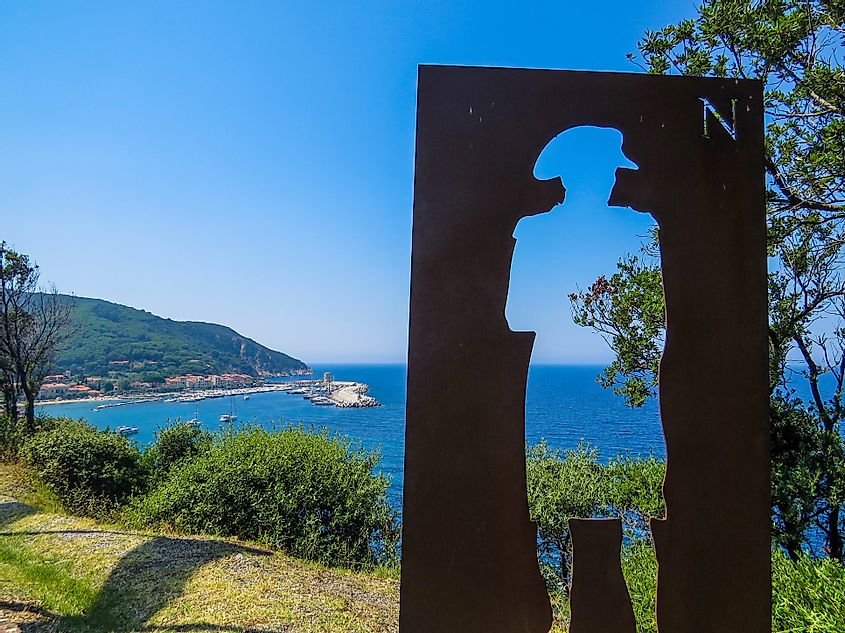
After Napoleon's stunning loss in Russia, a year of battles followed in 1813. Coalitions of enemy nations regained their momentum and finally pushed Napoleon back to Paris. Upon the victory of the allied forces on April 4th, 1814, Napoleon was forced to abdicate the French throne. The expelled French monarch, King Louis XVIII, was reinstated by the Coalition, and Napoleon was exiled to the Mediterranean island of Elba. Despite his exile, Napoleon's influence continued; Louis XVIII kept the reforms made during the French Revolution and the Napoleonic Code in practice.
The Hundred Days
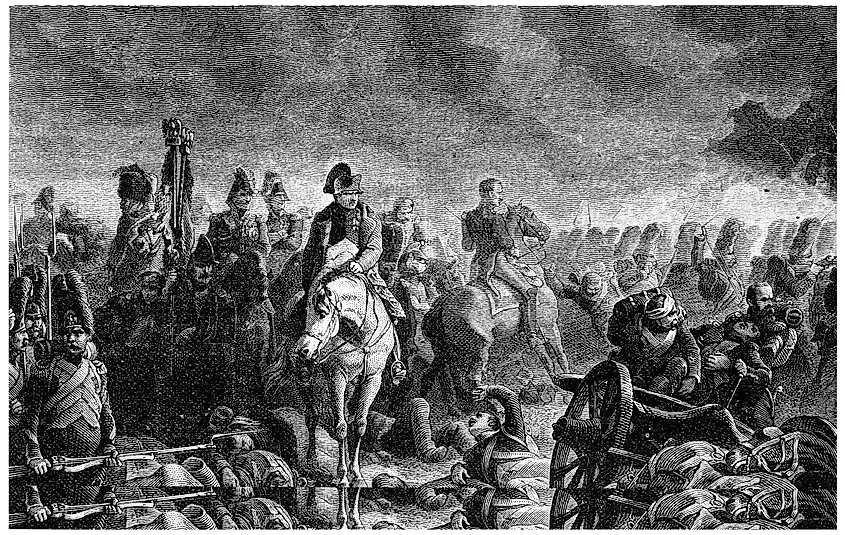
In characteristic fashion, Napoleon managed to rally a force from the island of Elba and sneak back onto the French mainland. Royalist troops who engaged them often surrendered and joined forces with Napoleon, which shows the French population’s discontent with Royalist rule and the popularity of Napoleon at the time. Upon arrival in Paris on March 20th, 1815, Napoleon reassumed his role as Emperor. The foreign coalitions again rallied, and Napoleon confronted them in the Battle of Waterloo in June.
Imprisonment and Death
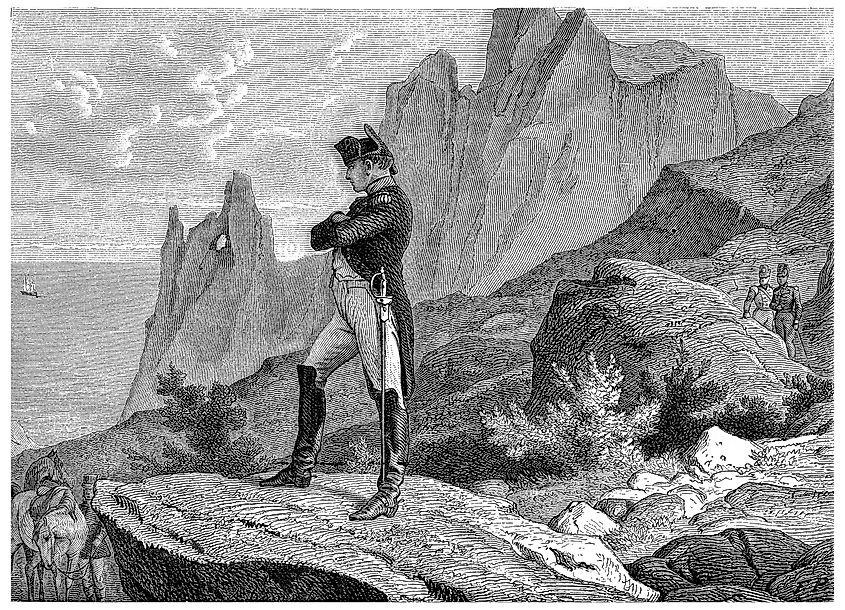
Following his defeat at Waterloo, Napoleon once again lost power. It is estimated between 3 to 6 million soldiers and over 3 million civilians died during the Napoleonic Wars. He was imprisoned and exiled to Saint Helena, an isolated British island territory off the southwestern coast of Africa. Napoleon died in 1821 while in exile. His final reflections were, "My true glory is not to have won 40 battles ... Waterloo will erase the memory of so many victories, ... But ... what will live forever, is my Civil Code."
Having shaped history for two decades, Napoleon exited the world stage. The century that followed saw a back-and-forth over French rule between monarchies, republics, and Emperors. Between his civil code and relentless victory, there is a reason he is still celebrated as a French national hero, despite moral failings. Nevertheless, his glorious rise and fall is a testament to what the will of one person can achieve within a single lifetime.

